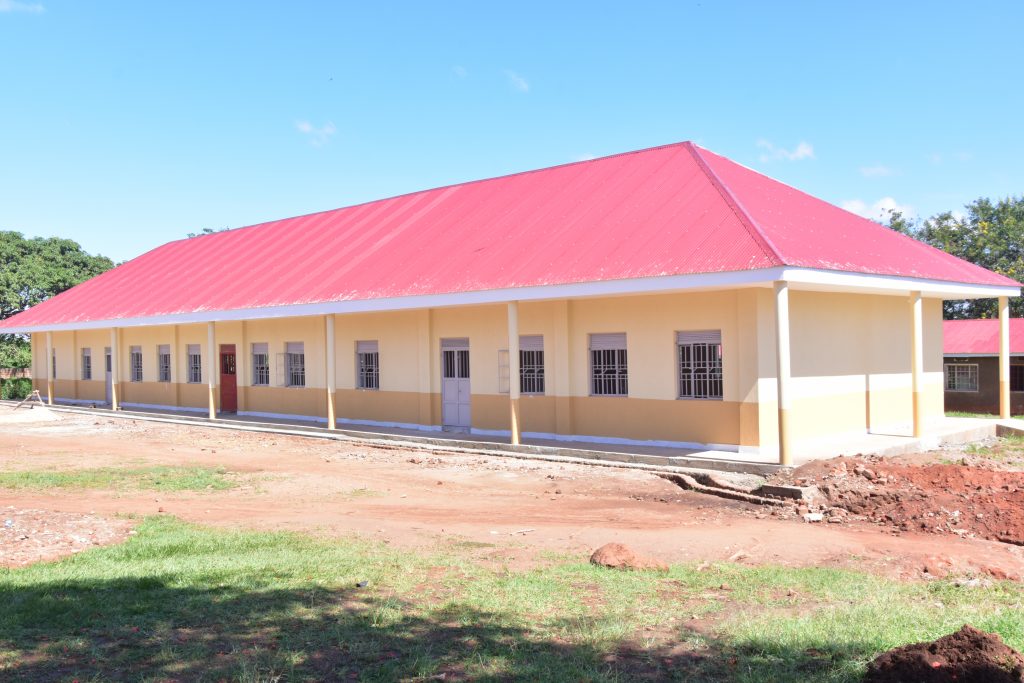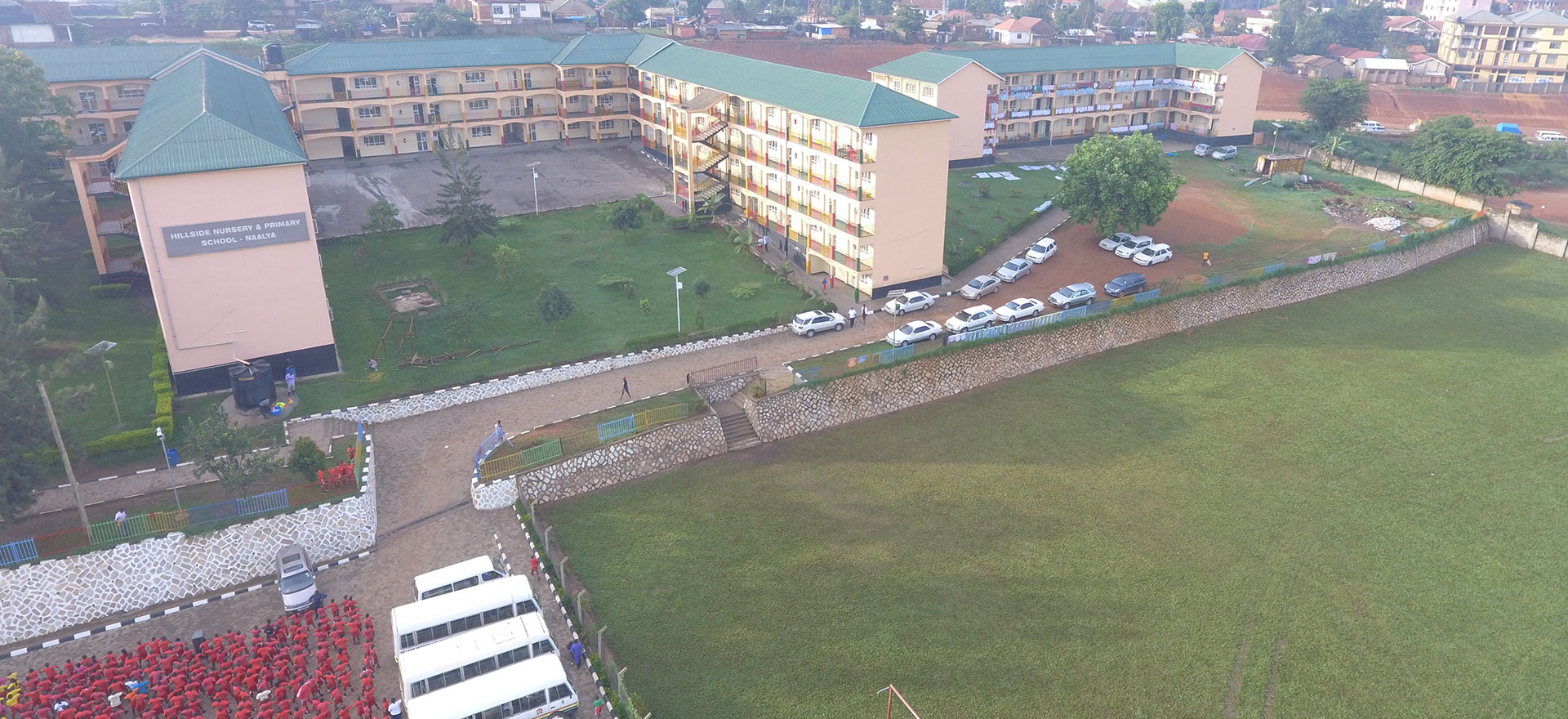Professor Peter Waiswa has been elected as a Fellow of the African Academy of Sciences (FAAS), one of the continent’s highest and most competitive scientific honours.
The African Academy of Sciences confirmed his election, describing it as recognition of Waiswa’s important contributions to health systems research, particularly in the areas of maternal, newborn, and child health (MNCH).
The academy noted that Waiswa’s work had shaped national, regional, and global policies aimed at reducing maternal and newborn deaths.
Waiswa is a professor of Health Policy and Systems at Makerere University and leads the Makerere University Centre of Excellence for Maternal, Newborn and Child Health, which he founded. In addition, he heads the INDEPTH Network’s MNCH Working Group.
Waiswa has published more than 250 scientific papers, many appearing in The Lancet and other international medical journals, making him one of Africa’s most cited researchers in MNCH.
In 2020, he was rated as one of the leading experts in Infant Mortality globally by Expertscape. According to the website, he ranks among the top 0.22% of 24,586 published authors worldwide on Infant Mortality
He has led several high-impact projects, including the Uganda Newborn Study and national newborn health programmes that have significantly influenced Uganda’s policies to reduce maternal and newborn mortality.
His recent work on the first-ever Digital Payments for Campaign Health Workers project has improved transparency and efficiency in national health campaigns and is now shaping policy discussions across Africa and among global actors such as WHO, UNICEF, and the Bill & Melinda Gates Foundation.
Beyond academia, Waiswa is deeply committed to community transformation. He co-founded the Busoga Health Forum (BHF), a regional platform uniting health professionals to improve wellbeing in the Busoga sub-region. He is a founder of One Village at a Time (OVAAT), an innovative rural development model transforming Naigobya village by integrating health, education, early childhood development, environmental stewardship, and community empowerment.
He has served in advisory roles for Uganda’s Ministry of Health, including on the National Immunisation Technical Advisory Group (UNITAG), and sits on several global committees, including WHO expert groups, the Lancet Commissions, and the Countdown to 2030 initiative.
In his academic career, Waiswa has trained generations of public health leaders, including MPH and PhD scholars from Uganda and across Africa.







